Thy country, Wilberforce, with just disdain,
Hears thee, by cruel men and impious, call'd
Fanatic, for thy zeal to loose th' enthrall'd
From exile, public sale, and slav'ry's chain.
Friend of the poor, the wrong'd, the fetter-gall'd,
Fear not lest labour such as thine be vain!
Thou hast achiev'd a part; hast gain'd the ear
Of Britain's senate to thy glorious cause;
Hope smiles, joy springs, and tho' cold caution pause
And weave delay, the better hour is near,
That shall remunerate thy toils severe
By peace for Afric, fenc'd with British laws.
Enjoy what thou hast won, esteem and love
From all the just on earth, and all the blest above!
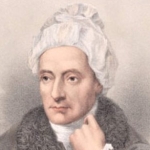









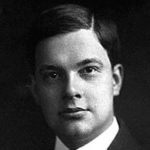
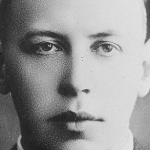
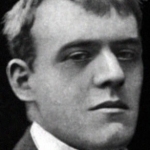
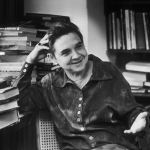



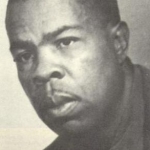

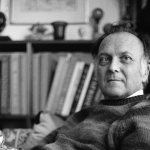
Comment form: